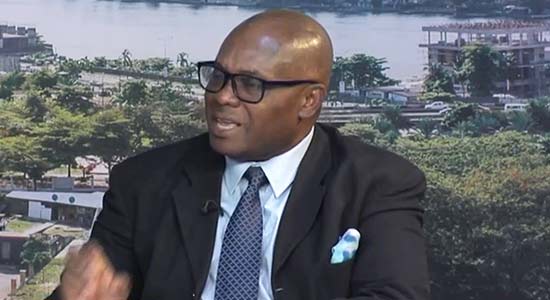The N900 billion that the Federal Government plans to spend on electricity subsidy should go to the vulnerable. This is according to George Etomi, the Chairman of West Power and Gas.
He said this in a recent interview with CNBC Africa.
During the interview, it was noted that the Federal Government is planning to subsidize electricity for Nigerians in December 2023, due to the current economic downturn in the country.
George Etomi, however, said that although subsidies are not new, they must be targeted and ideally, they should go to the most vulnerable in the sector.
He said it is expected that the issuance of subsidies will be done in a manner that will not distort the economics of the entire value chain so that market confidence is retained.
He said:
- “This is not the first time it has happened in the electricity market. The effect on the market is that because we are running a contract-based market, risk allocation should always be given to whom is best placed to carry that risk and if the government has decided that it would subsidize the market, then that risk allocation should go to them.”
He, however, noted that it is very important that the electricity regulator is involved in it so that market confidence is not eroded.
He stated further that Nigeria’s electricity sector has spent a long journey towards getting the privatized sector working.
He noted that there are contracts in place among the sector players, and it is important that there is no distortion that impedes the appetite of investors coming into the sector.
What you should know
On November 8, Nigeria’s Minister of Power, Adebayo Adelabu, highlighted the challenges in implementing a cost-reflective tariff for electricity.
He revealed that the government still subsidizes power, and though the tariff should have been increased earlier, President Tinubu insisted on achieving regular and incremental power supply before adjusting it.
The gap between the cost-reflective tariff and the allowed tariff is being handled as a subsidy by the government, impacting liquidity, and investments, and creating constraints in the sector.
Adelabu acknowledged that the non-implementation was causing a liquidity crisis, but the President, considering political reasons and empathy, resisted raising electricity rates.
He emphasized that the cost-reflective tariff should have been in place months ago to provide liquidity to the system.
The Minister cited recent economic challenges, including the removal of fuel subsidy, exchange rate fluctuations, and inflation, as reasons for the President’s cautious approach to tariff adjustments, focusing on relieving hardships through palliatives instead of imposing additional burdens on Nigerians.















